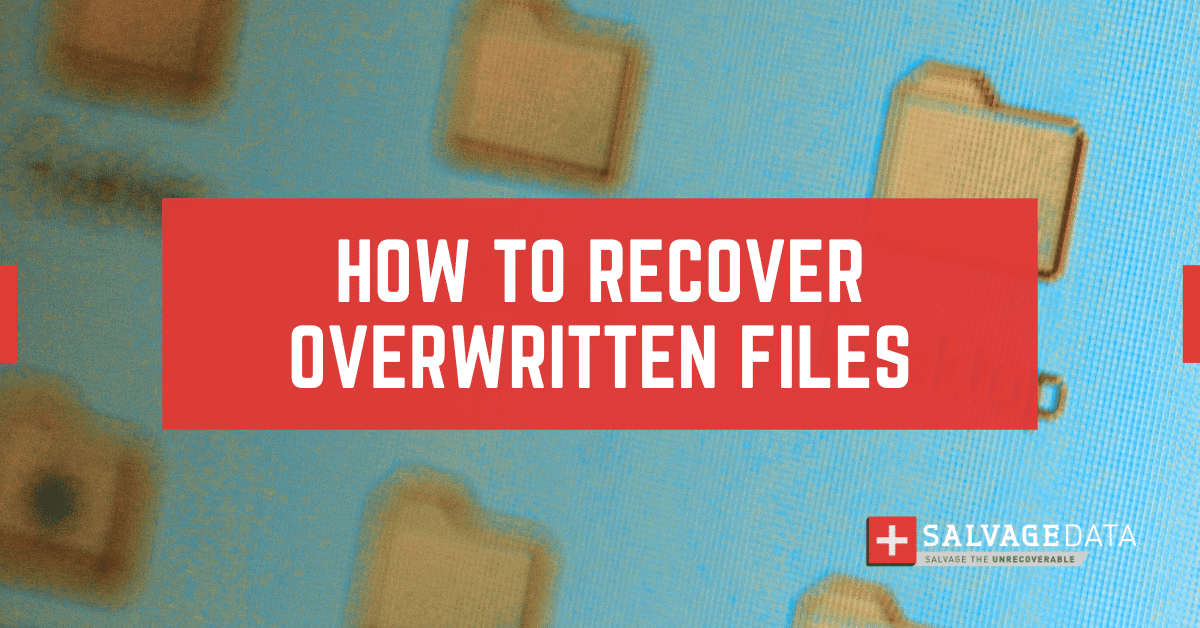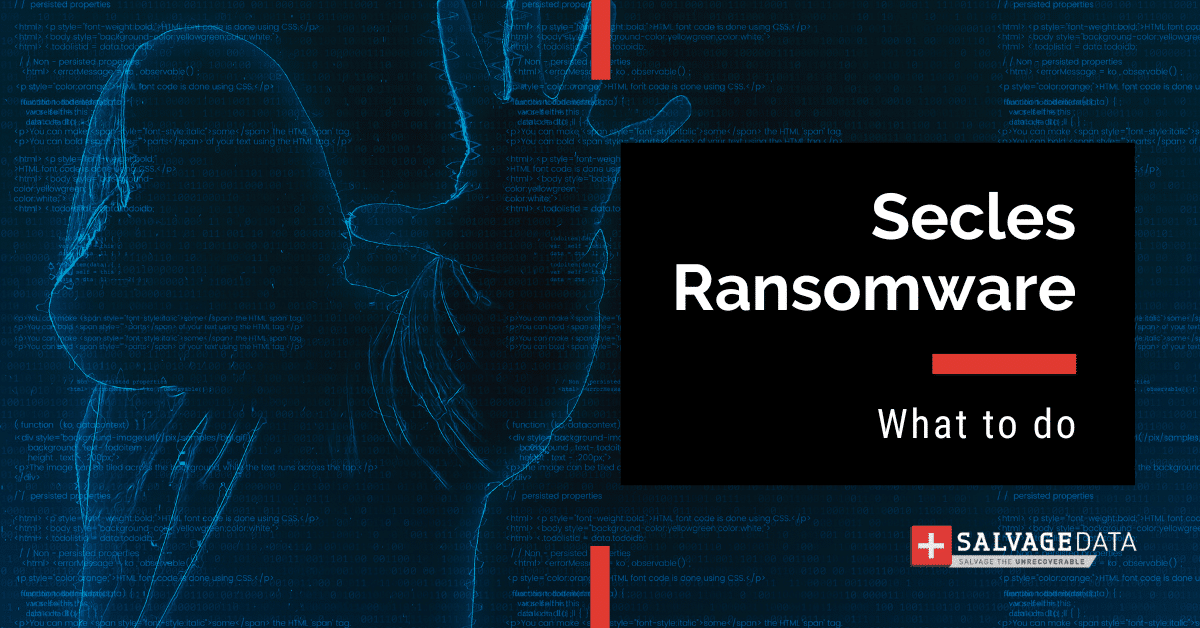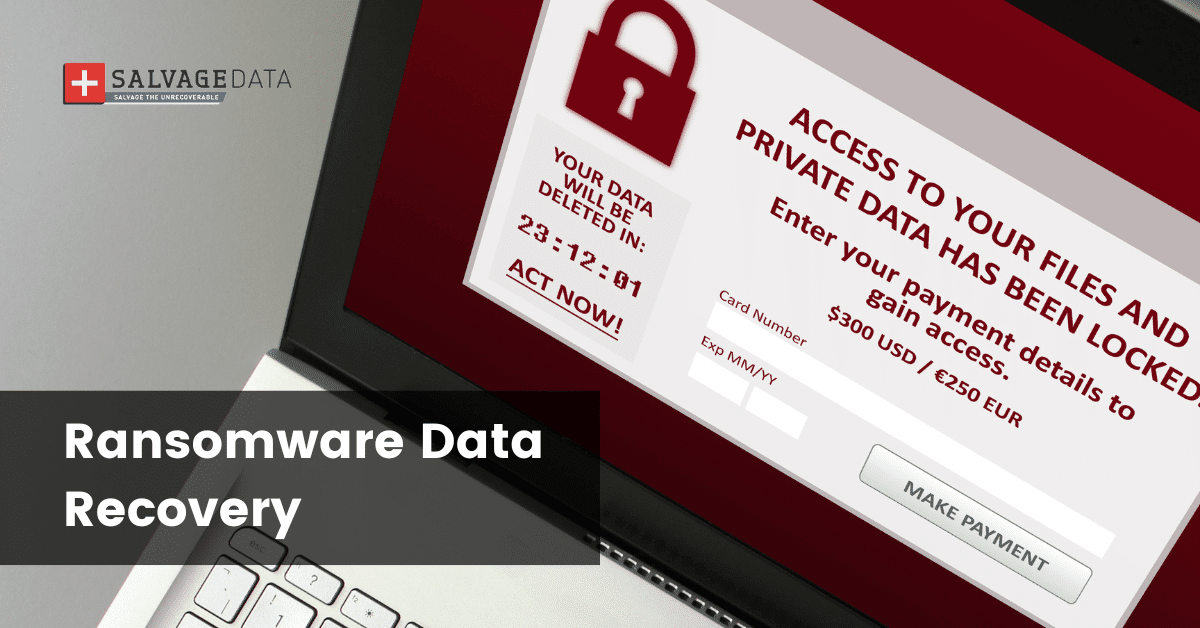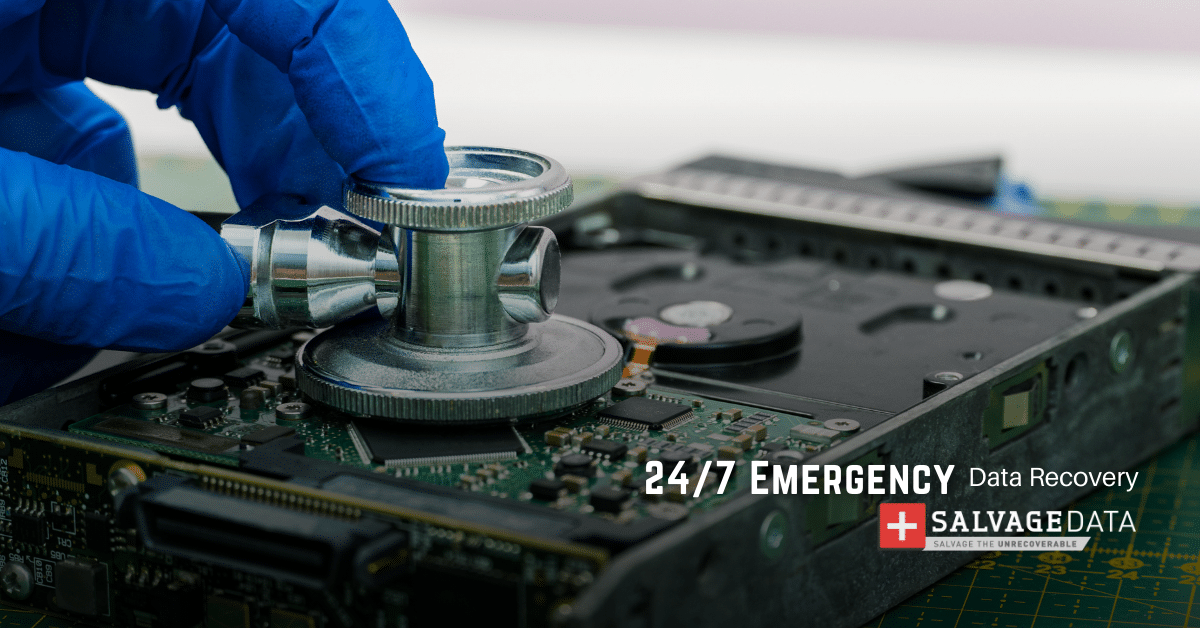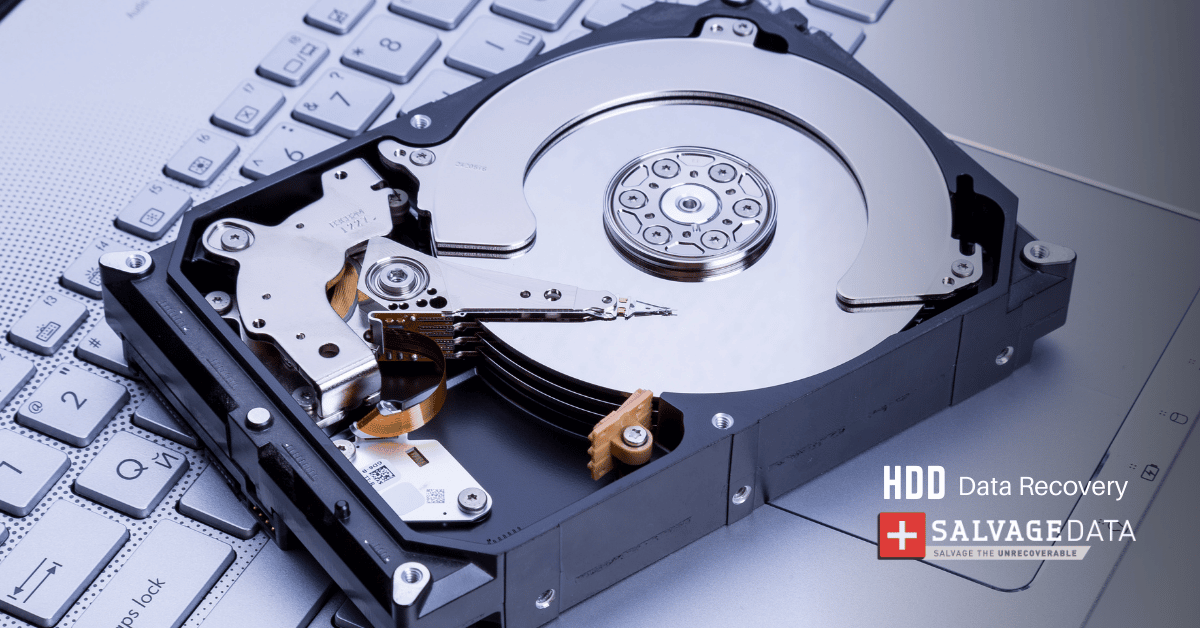Recent Articles
How To Recover Overwritten Files
The Snowflake Data Breach: A Comprehensive Overview
Mac Not Recognizing External Hard Drive: Quick Fix Solutions
How Multi-Cloud Backup Solutions Can Prevent Data Disasters
Capibara Ransomware: What is it & How to Remove
What Should a Company Do After a Data Breach: The Ticketmaster Incident
Secles Ransomware: Removal Guide
What To Do When Your Chromebook Freezes
How to Create Hyper-V Backup
What Is The Best Data Recovery Software For PC

I think there's an issue with my storage device, but I'm not sure Start a free evaluation →
I need help getting my data back right now Call now (800) 972-3282
What is AMBA Ransomware?
AMBA Ransomware is a type of malware that is classified as ransomware and crypto-virus. AMBA is a virus that encrypts your files and demands a ransom for their decryption. AMBA uses strong encryption algorithms to encrypt the victim’s files, which makes them inaccessible. AMBA Ransomware leaves a ransom note behind after they completed the encryption process, which contains instructions on how to contact the attacker and make the payment. AMBA Ransomware demands a ransom to decrypt the victim’s files. If not dealt with properly, AMBA Ransomware can lead to permanent data loss, because AMBA is a serious malware infection. AMBA should be removed from the infected system as soon as possible.
How does AMBA Ransomware infect a system?
AMBA Ransomware usually arrives on the victim’s system through email attachments or malicious websites. AMBA may also be distributed through exploit kits. Once AMBA Ransomware infects a system, it will scan the hard drive for certain types of files to encrypt.
What types of files does AMBA Ransomware encrypt?
AMBA will encrypt most types of files, including, but not limited to:
– Documents
– Spreadsheets
– Images
– Videos
– Databases
History of AMBA
AMBA Ransomware was first discovered on May 12, 2017, by MalwareHunterTeam. AMBA Ransomware is a variant of the AMBA family of ransomware, which includes AMBA Locker and AMBA Crypt.
What was the biggest AMBA Ransomware attack?
AMBA was used in a ransomware attack against the City of Atlanta, Georgia, on March 22, 2018. AMBA Ransomware encrypted the city’s computer systems and demanded a ransom of $51,000 in Bitcoin for the decryption of the files. The AMBA Ransomware attack against the City of Atlanta caused major disruptions to the city’s operations.
How to protect yourself from AMBA?
To protect yourself from AMBA Ransomware, you should take the following precautions:
– Keep your operating system and software up-to-date
– Use a reputable antivirus and anti-malware software
– Do not open email attachments from unknown senders
– Do not click on links in email messages from unknown senders
– Do not download software from untrustworthy websites
If it infected me with AMBA Ransomware, what should I do?
If it infected you with AMBA, you should take the following steps:
– Do not pay the ransom
– Disconnect from the Internet
– Scan your system with a reputable antivirus and anti-malware software
– Restore your files from a backup, if available
How to remove AMBA Ransomware?
To remove AMBA from your system, you should use a reputable anti-malware program. You can also try to remove AMBA Ransomware manually, but this is a very difficult and time-consuming process. We strongly recommended that you do not attempt to remove AMBA Ransomware manually.
Is there a public decryption tool available for AMBA Ransomware?
No, at this time there is no public decryption tool.
Contact a data recovery service
If you have AMBA Ransomware and want to get your files back, you can contact a reputable data recovery service. Data recovery services specialize in recovering files that ransomware has encrypted.
SALVAGEDATA is a reputable data recovery service that offers a free consultation. No recovery, no fee guarantee, and a 98% success rate are features of SALVAGEDATA. SALVAGEDATA has an A+ rating with the Better Business Bureau and is a member of the Association of Data Recovery Professionals (ADRP).
SalvageData experts are ready to help you 24/7.
Call 1-800-872-2599 to speak to a data recovery expert.
Email: [email protected]

